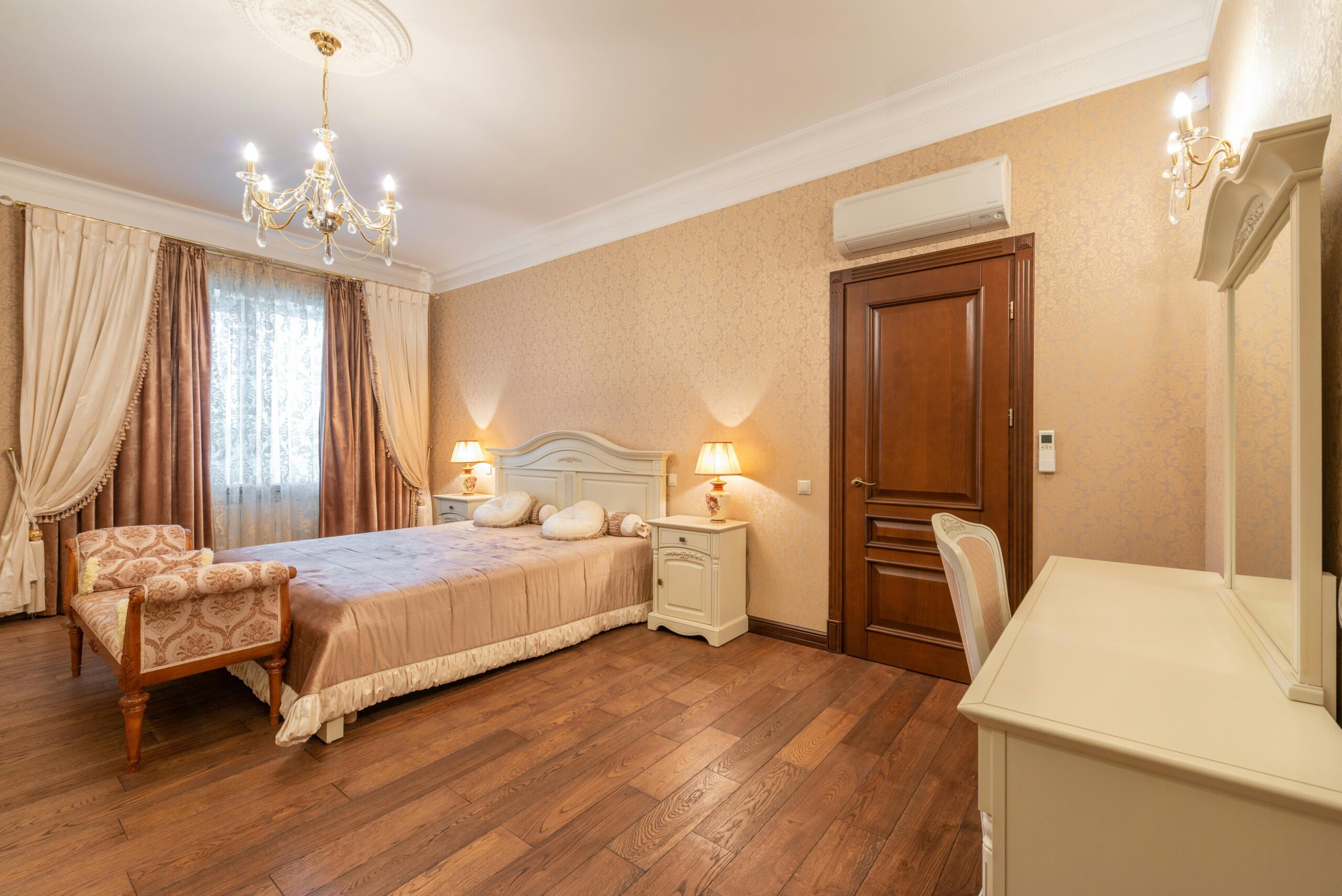SPC EVA Flooring
The Future of Durable & Waterproof Flooring
SPC EVA (Stone Plastic Composite) with EVA backing is a high-performance flooring solution known for its rigidity, durability, and waterproof properties. EVA (Ethylene-Vinyl Acetate) adds extra comfort and sound insulation.
Stone Plastic Composite Eva flooring is a highly durable, water-resistant flooring option made from a composite of limestone and stabilizers. It provides a rigid core that offers superior stability and longevity. Unlike traditional vinyl flooring, SPC Eva features an advanced layered design that enhances durability while maintaining a comfortable feel underfoot.

Installation & Maintenance
Installing SPC Eva is simple due to its click-lock mechanism, allowing for a floating installation method. It requires minimal surface preparation and can be installed over most existing floors. Maintenance is easy with regular sweeping and occasional damp mopping to keep it looking new.
Applications
- Residential homes (living rooms, kitchens, bathrooms)
- Commercial spaces (offices, retail stores, gyms)
- High-traffic areas needing extra durability
Key Features & Benefits of SPC Flooring
100% resistant to moisture, making it ideal for kitchens, bathrooms, and basements.
Stronger than traditional vinyl flooring, capable of withstanding heavy foot traffic.
Features an EVA underlay for added cushioning and soundproofing, reducing noise levels.
SPC Eva flooring is resistant to temperature fluctuations, making it suitable for environments with varying climate conditions.
EVA backing provides noise reduction.
Stain-resistant and easy to clean.
Get Premium Flooring at Special Prices Today!
Each flooring type has unique advantages depending on the environment and intended use. Whether you prioritize water resistance, durability, comfort, or aesthetics, choosing the right flooring can enhance the overall appeal and functionality of a space. By considering factors like budget, maintenance, and application, you can select the best flooring solution for your needs.
SPC Flooring - Frequently Asked Questions (FAQs)
What is SPC Flooring?
SPC stands for Stone Plastic Composite—a rigid, durable vinyl flooring.
Is SPC Flooring waterproof?
Yes, its structure makes it completely waterproof.
How durable is SPC Flooring?
It’s highly durable and resistant to dents and scratches.
What is the typical thickness of SPC Flooring?
Most SPC products are around 4–6 mm thick.
How is SPC Flooring installed?
It usually features a click-lock system for floating floor installation.
Can SPC Flooring be installed over existing floors?
Yes, if the subfloor is level, clean, and dry.
Is SPC Flooring suitable for high-traffic areas?
Absolutely—it’s designed to handle heavy use.
What maintenance does SPC Flooring require?
Regular sweeping and damp mopping with a mild cleaner work best.
How does SPC Flooring compare to traditional vinyl?
Its rigid core offers better stability and durability.
Can SPC Flooring be used in bathrooms or kitchens?
Yes, its waterproof nature makes it ideal for wet areas.
Is SPC Flooring eco-friendly?
Some options are made with sustainable practices; check for certifications.
Does SPC Flooring require an underlayment?
Often, a foam underlayment is recommended for extra comfort and sound insulation.
Can heavy furniture be placed on SPC Flooring?
Yes, its construction can support heavy loads.
Is SPC Flooring resistant to fading?
Many products have UV protection to minimize fading over time.
What design options are available with SPC Flooring?
It comes in a variety of looks, often mimicking wood, stone, or tile.
Does SPC Flooring have a noise reduction benefit?
Its rigid core can help with sound insulation.
How long does SPC Flooring typically last?
With proper care, it can last 15–20 years.
Can I install SPC Flooring myself?
Yes, its click-lock design makes DIY installation possible.
How do temperature changes affect SPC Flooring?
It’s dimensionally stable, handling temperature shifts well.
What warranty can I expect on SPC Flooring?
Warranty terms vary by brand; many offer 10–20 years.
